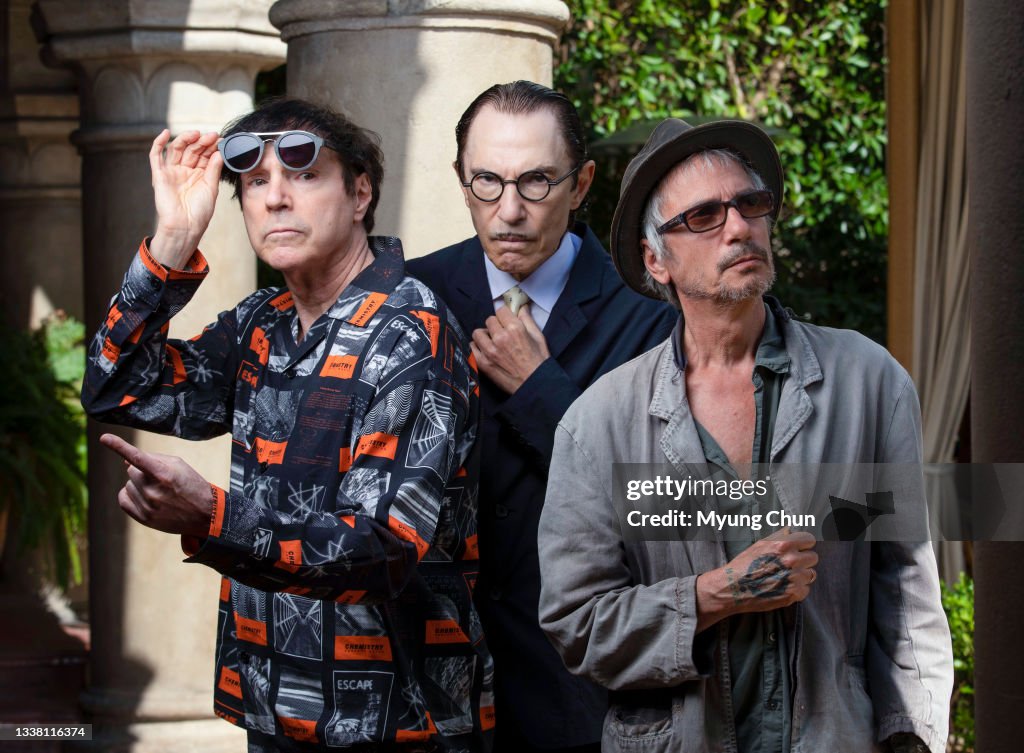
A wry and melancholic ode to the mundane days when life’s small pleasures are free from forced holiday cheer.
There are certain songs, aren’t there, that immediately transport you back to a specific time, a feeling, a moment when the world seemed slightly stranger, slightly more brilliant, and wonderfully off-kilter. For those of us who came of age with the theatrical flair and intellectual mischief of the band Sparks, one such perennial favorite is the utterly singular “Thank God It’s Not Christmas.” Far from being a traditional holiday novelty, this track—released in 1974 on their breakthrough, career-defining album, Kimono My House—is a masterclass in the Ron Mael and Russell Mael brothers’ signature blend of high-art theatrics and profound, witty lyrical observation.
📅 Chart Position and Legacy
Unlike the huge commercial success of the album’s single, “This Town Ain’t Big Enough for Both of Us” (which soared to number two on the UK Singles Chart), “Thank God It’s Not Christmas” was an album track and never charted as an original single release. However, its enduring legacy is arguably greater than its initial commercial footprint. It sits as the fifth track on side one of the original Kimono My House LP, an album that catapulted the American duo—with their newly adopted English band line-up—into the heart of the UK’s glam rock and burgeoning New Wave scene. Its inclusion was a bold statement, nestled amongst other gems like “Amateur Hour” and “Hasta Mañana, Monsieur,” showcasing the band’s knack for the unexpected. A remastered 40th Anniversary Edition of the song was later released as a digital single in December 2014, acknowledging its cult status and seasonal relevance for those weary of the mainstream festive fare.
📖 The Story and Meaning
The song’s story is less about a grand narrative and more about an existential sigh of relief. Lyrically penned by keyboardist Ron Mael, the track serves as an anthem for the rest of the year—the other 364 days when one can pursue pleasures without the suffocating, mandatory gaiety of December 25th. The sentiment is perfectly captured in the lyrics, which celebrate the freedom to engage in simple, ordinary acts of escapism that Christmas actively—and often judgmentally—interrupts.
Russell Mael‘s operatic, soaring vocals lend a dramatic intensity to what is essentially a song about anti-consumerism and solitude. He sings about seeking out “sunken hideaways,” “bistros and old haunts,” and “trying very hard to sin,” all “after hours.” The irony is delicious: the singer is thankful for the freedom to engage in a slightly decadent, unholy life that the morality and forced familial closeness of Christmas briefly put on hold. It’s a reflection on the human need for genuine, unforced experience versus the synthetic, commercialized sentimentality that the holiday demands. The line, “Now I can be bad, no one will know, Christmas just makes me feel so low,” is a hilariously poignant expression of holiday alienation, a feeling that resonates deeply with anyone who has ever felt disconnected from the incessant, manufactured cheer.
It’s an archetypal Sparks song from their mid-’70s period: piano-driven, with a frantic energy, a prominent string section, and a lyric that finds the profound within the absurdly trivial. It’s a wink and a nod to those of us who prefer the quiet, reflective melancholia of a November evening over the relentless chiming of sleigh bells. It’s a toast to the rest of the year, where being yourself—whether that’s good, bad, or merely mediocre—is the only expectation. For older listeners, it’s a nostalgic reminder of the rebellious spirit of youth, the refusal to conform, and the quiet pleasure found in celebrating the glorious ordinariness of life.